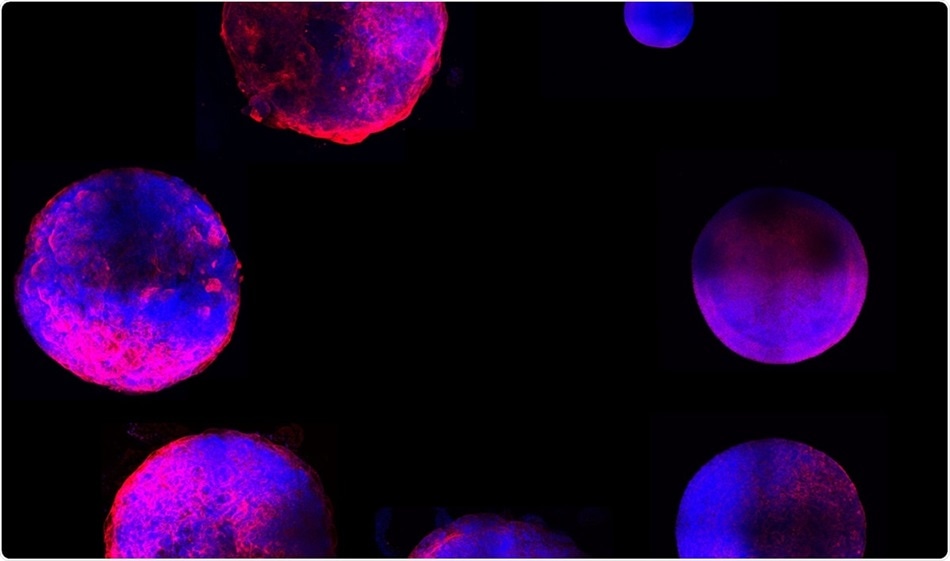First functioning mini human hearts grown from stem cells
Date: 21.8.2020
Scientists have created the first-ever functional miniature human hearts in the lab. Grown from stem cells, these heart “organoids” are made up of all primary heart cell types and have functioning chambers and vasculature. They could help us understand how hearts develop and build better models for treating disease.
 To make these human heart organoids (hHOs), scientists first take samples of skin or blood cells from adults, then reprogram them into stem cells known as induced pluripotent stem cells (IPSCs) that can differentiate into whatever other cell types are needed. In the past they’ve been used to create mini versions of human organs like kidneys, livers, lungs, blood vessels and even brains. Now, the team has added hearts to the list.
To make these human heart organoids (hHOs), scientists first take samples of skin or blood cells from adults, then reprogram them into stem cells known as induced pluripotent stem cells (IPSCs) that can differentiate into whatever other cell types are needed. In the past they’ve been used to create mini versions of human organs like kidneys, livers, lungs, blood vessels and even brains. Now, the team has added hearts to the list.
“This process allows the stem cells to develop, basically as they would in an embryo, into the various cell types and structures present in the heart,” says Aitor Aguirre, senior author of the study. “We give the cells the instructions and they know what they have to do when all the appropriate conditions are met.”
The team says that the lab-grown mini hearts closely follow the fetal development of a human heart, providing a new window into that process. By day six the organoids started beating, and by day 15 they had grown into spheres around 1 mm (0.4 in) wide, complete with complex internal chambers. They also contained all major cardiac cell types.























